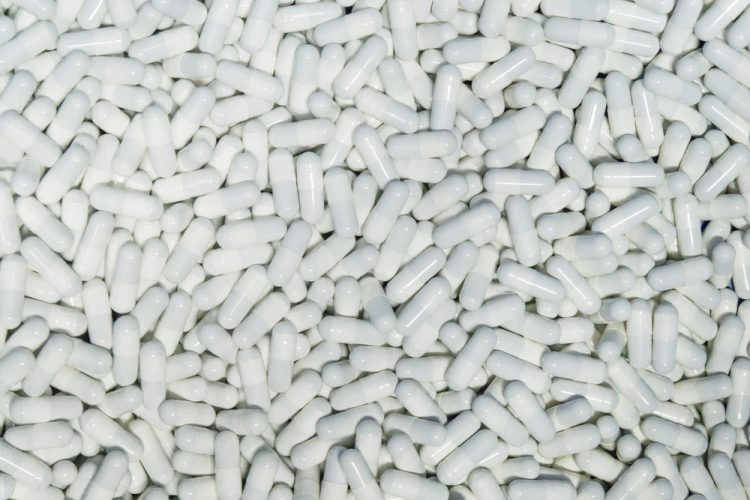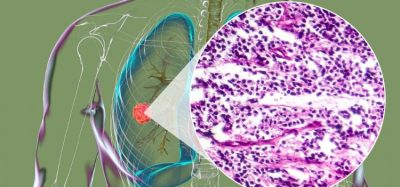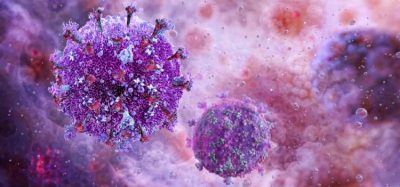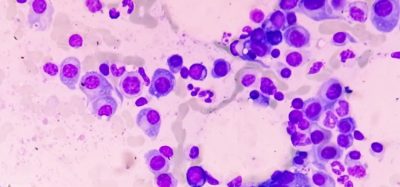Phase III trial to study NT-300 as COVID-19 treatment initiated
Posted: 14 August 2020 | Victoria Rees (European Pharmaceutical Review) | No comments yet
A Phase III trial to investigate NT-300 (nitazoxanide extended-release tablets) as a treatment for mild or moderate COVID-19 has begun.


A Phase III clinical trial to test the investigational drug candidate NT-300 (nitazoxanide extended-release tablets) as a treatment for mild or moderate COVID-19 has been initiated.
Romark, the company that developed the drug, will oversee the multicentre, randomised, double-blind trial. It will study up to 800 people 12 years and older with fever and respiratory symptoms consistent with COVID-19. These participants will be given either NT-300 or placebo twice daily for five days. Efficacy analyses will examine those participants who have laboratory-confirmed SARS-CoV-2 infection. The primary endpoint is a reduction in the time to sustained response (a measure of recovery time) compared with placebo, and the secondary endpoint is a reduction in the rate of progression to severe COVID-19 illness compared with placebo.
“As the COVID-19 pandemic continues to take a toll on our collective health, economy and well-being, we are pleased to broaden our NT-300 COVID-19 clinical programme through the initiation of a third trial evaluating NT-300 as a treatment in addition to our two ongoing prophylactic trials,” said Dr Jean-François Rossignol, Chief Medical and Scientific Officer of Romark. “Along with vaccines and treatments for severe illness, oral treatments that can be given outside of a hospital setting to prevent infection or used as soon as symptoms appear to reduce the duration of illness and prevent hospitalisations are desperately needed. Given the broad spectrum antiviral properties of NT-300, this research is an important step in our understanding of its potential impact on COVID-19 in its early stages.”
In cell cultures, nitazoxanide was found to inhibit the replication of a broad range of respiratory viruses, including the SARS-CoV-2 virus that causes COVID-19. The broad-spectrum antiviral activity of the active pharmaceutical ingredient (API) is attributed to its interference with human cellular pathways that the virus exploits to replicate, rather than to a virus-targeted mechanism.
Related topics
Clinical Development, Clinical Trials, Research & Development (R&D)









